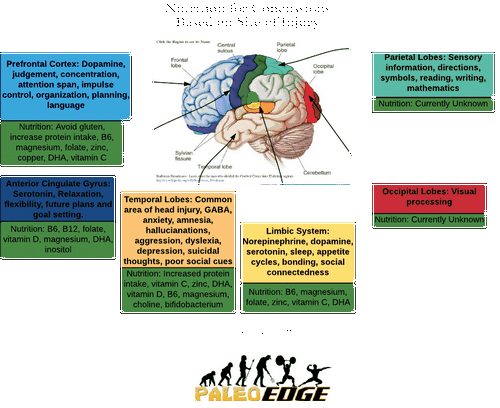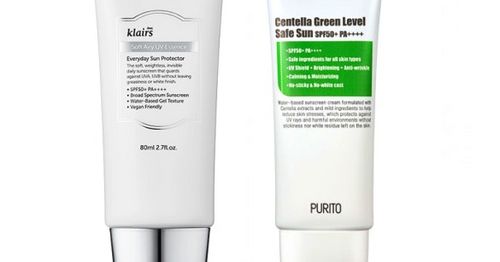Too Much Vitamin C? Is There a Link Between Too Much Vitamin C And the Aging Process?

What exactly is too much vitamin c and where can it be found? Vitamin C, commonly referred to as ascorbic Acid, is a nutrient that is needed in order for the body to function normally.
Common foods sources of Vitamin C include oranges, broccoli, cauliflower, spinach, bananas, mangoes, strawberries, cantaloupe, peas, carrots, grapefruit, kiwi fruit, papaya and peppers. Vitamin C can be used in food preparation in many ways. It is one of the most important nutrients in our bodies, especially when it comes to the immune system and cell growth. In order to take full advantage of all its health benefits, it is essential that we take a small amount of Vitamin C each day.
Too much vitamin C can lead to many health problems. It can cause heart disease, high cholesterol, cancer, and high blood pressure. Too much Vitamin C can also cause skin burns and dry skin. The good news is that Vitamin C is readily available in a number of foods. If you are unsure how much to take in each day, simply talk to your doctor or pharmacist about this.
When taking in Vitamin C, it is important to make sure you are eating the correct foods. It is best to include foods that contain more than 60% of their essential nutrients. This includes fresh fruits and vegetables, which should be eaten daily. The same applies to meat such as poultry, fish, shellfish, eggs, milk, cheese, yogurt, and wine.
You should also eat plenty of leafy green vegetables every day such as spinach, kale leaves, as these contain high amounts of Vitamin C. This is especially important if you are someone who eats a lot of meat or is a vegetarian. Vegetables such as carrots and turnips also contain high amounts of Vitamin C, which are high in carotenoids. a-acid. This is why these vegetables are often considered to have the highest amount of Vitamin C in the food.
Other sources of Vitamin C include oranges, tomatoes and guava. These foods also contain Vitamin C in their skin or fruit. It is important to note that not all fruit and vegetables contain the same amounts of Vitamin C. As an example, carrots are rich in vitamin A and guava contains very little, if any.
Other food sources that can help improve absorption of Vitamin C include beans and peas. They contain a large amount of beta-carotene, which is responsible for the orange color in carrots.

Also, nuts such as almonds and sunflower seeds are known to contain high amounts of the antioxidant beta-carotene. You can also find some sources of Vitamin C in red pepper, which is known to contain some of the highest amounts of Vitamin C in the body.
It is important to note that although Vitamin C can help to regulate the growth of the immune system it is only a small part of the body’s system. It does not work as quickly as vitamin A in the production of strong antibodies. Therefore, those suffering from an immune system problem such as HIV/AIDS should not take Vitamin C in excess. It is important to consult a doctor if you are unsure how much to take in.
Some people also take Vitamin C in preparation for surgery. In fact, a recent study found that the blood of cancer patients had higher amounts of Vitamin C than healthy individuals who had not been through surgery.
There is still much debate over the effect that Vitamin C has on the bones and teeth. Some research indicates that there may be a slight increase in the absorption of calcium, but this is believed to be caused by other factors such as protein intake.
Taking a daily multivitamin containing Vitamin C should be helpful as a supplement to prevent deficiencies in both of these areas. However, be aware that the recommended intake will vary depending on age and gender. For example, an adult should consume more than a single serving of fruit per day while children should consume a maximum of eight servings per day.
